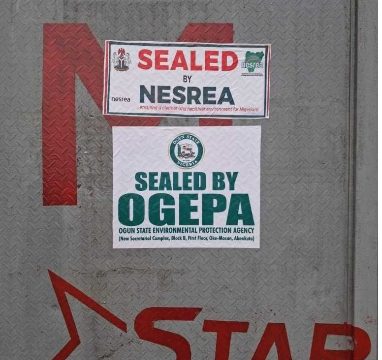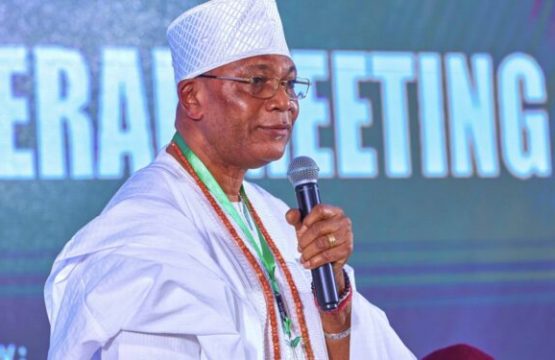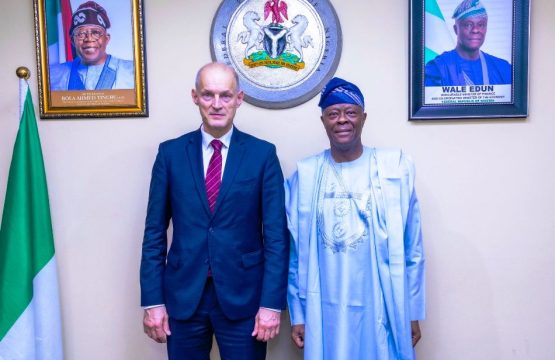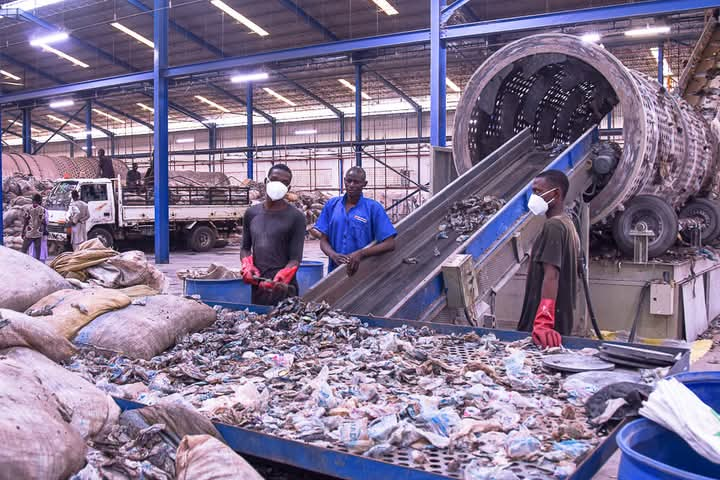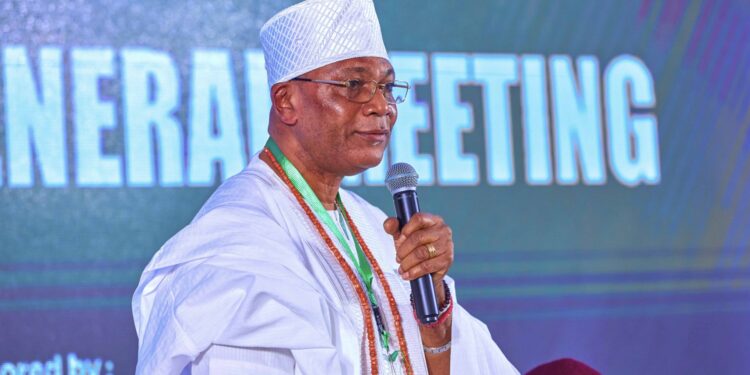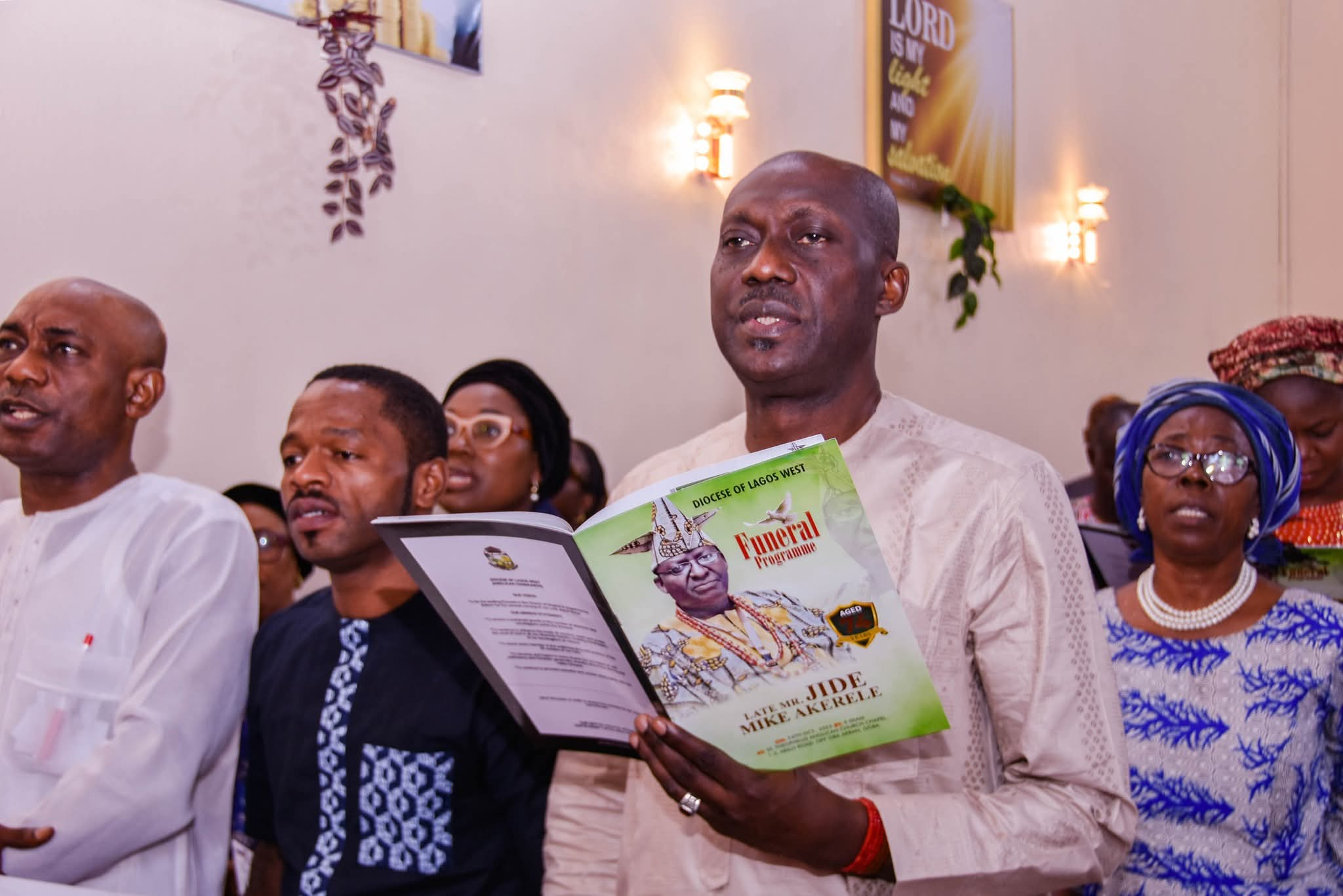” The Plastics for Cash program allows residents to exchange sorted plastic waste for monetary value or goods, creating income opportunities for youth, women, and informal waste collectors.“
The Manufacturers Association of Nigeria (MAN) has praised the Ogun State Government for its “Plastics for Cash” and “Blue Box” initiatives aimed at managing plastic waste, particularly single-use plastics in the state.
MAN’s Director-General, Segun Ajayi-Kadir, expressed appreciation for the government’s efforts to reduce plastic waste, promote recycling, and ensure a cleaner environment.
He highlighted the Ministry’s commitment to partnering with manufacturers and other stakeholders in the plastic value chain to advance its waste-to-wealth initiative.
These efforts, he said, align with MAN’s dedication to environmental sustainability and responsible manufacturing practices.
In response, Ogun State Commissioner for Environment, Ola Oresanya, described the “Plastics for Cash” and “Blue Box” initiatives as key components of a sustainable approach to waste management and wealth creation in the state.
He explained, “The Plastics for Cash program allows residents to exchange sorted plastic waste for monetary value or goods, creating income opportunities for youth, women, and informal waste collectors.
The Blue Box initiative encourages structured house-to-house waste separation and collection, led by the Ogun State Waste Management Authority.”
To bolster these initiatives, Ogun State has established a Plastic Management Committee, which includes regulatory agencies, manufacturers, and academic institutions.
This committee is tasked with promoting the implementation of Extended Producer Responsibility (EPR) guidelines as defined by the national framework to support plastic buy-back programs and job creation along the recycling value chain.
This positive development comes in contrast to recent actions taken by Lagos State, which has controversially banned the production and use of single-use plastics.
Rather than imposing such a sudden and complete ban, a more balanced approach that promotes environmental sustainability alongside economic stability should be pursued.
In Egypt, for example, government and social enterprise collaborations, such as Banlastic, focus on education, community clean-ups, and recycling of plastic waste. Ghana is innovating by transforming plastic waste into affordable building materials through companies like Nelplast.
Similarly, the United States is advancing a national recycling plan and innovation challenge to enhance plastic recovery, design, and energy efficiency.
These models emphasise the importance of circularity rather than outright prohibition.

